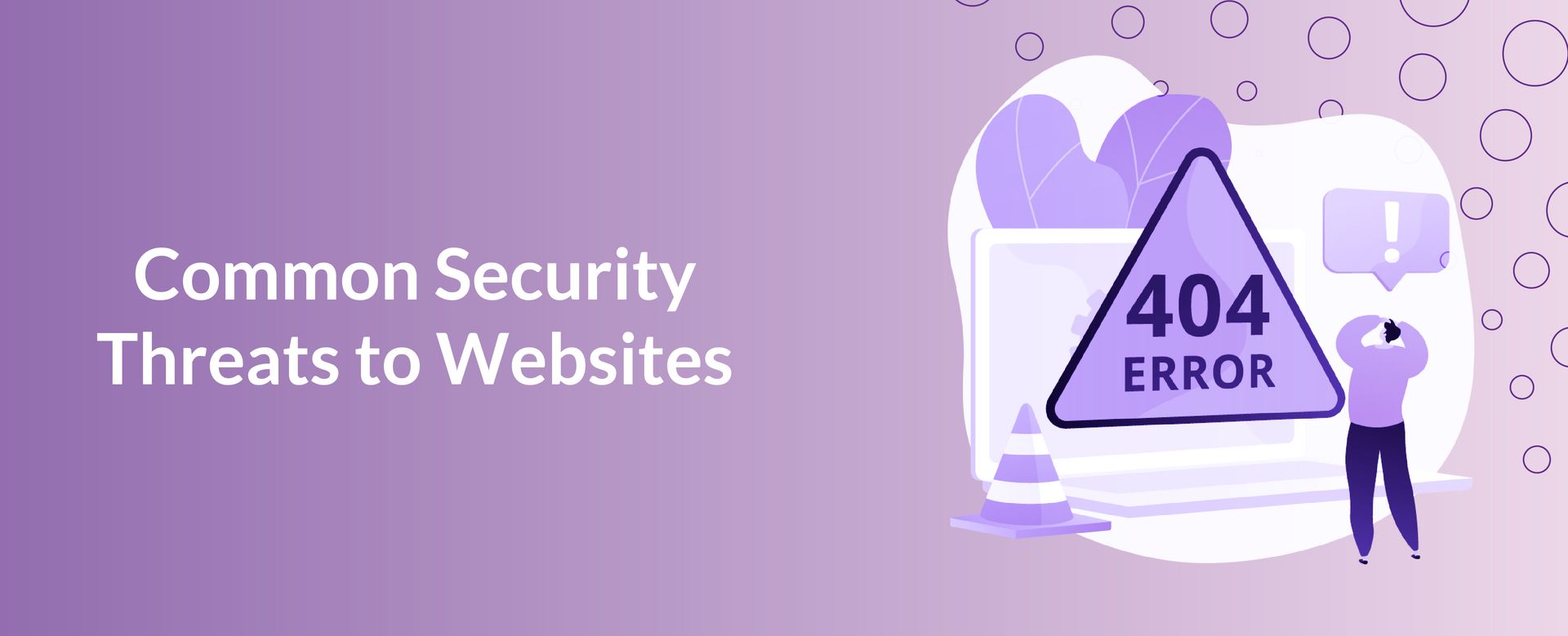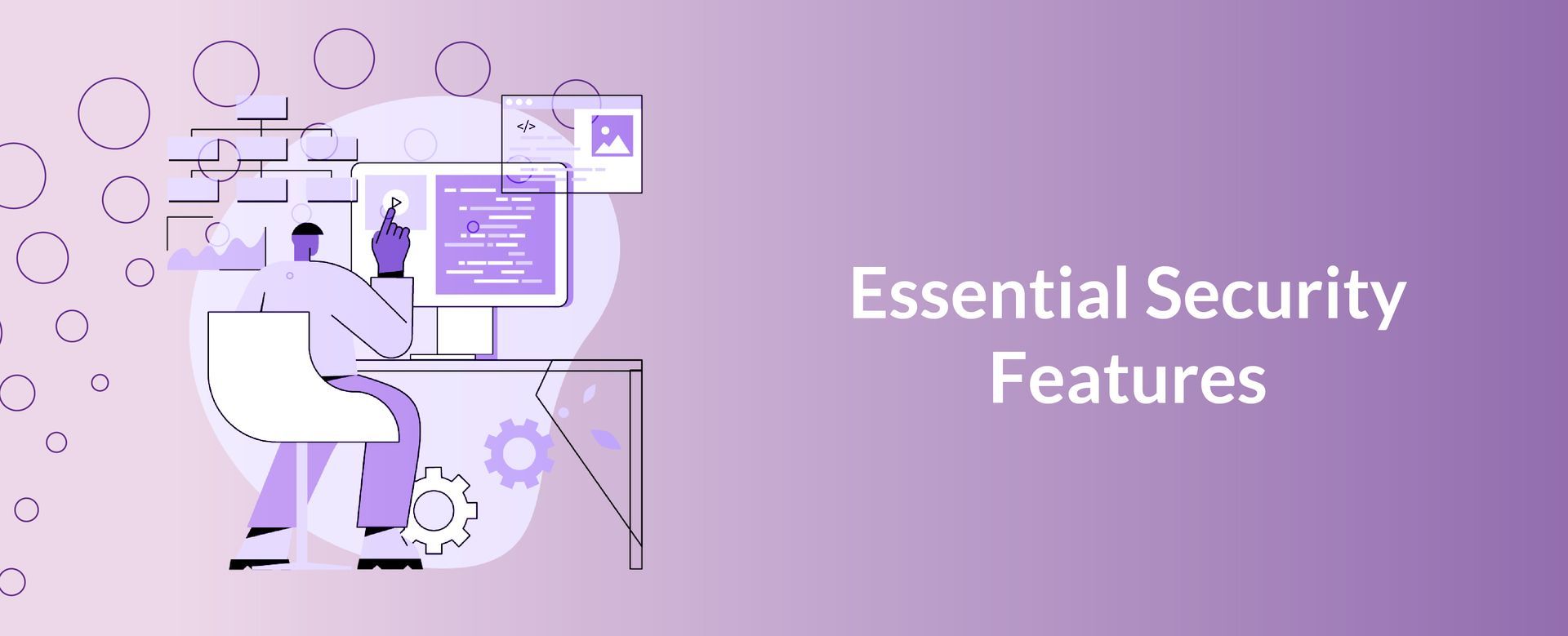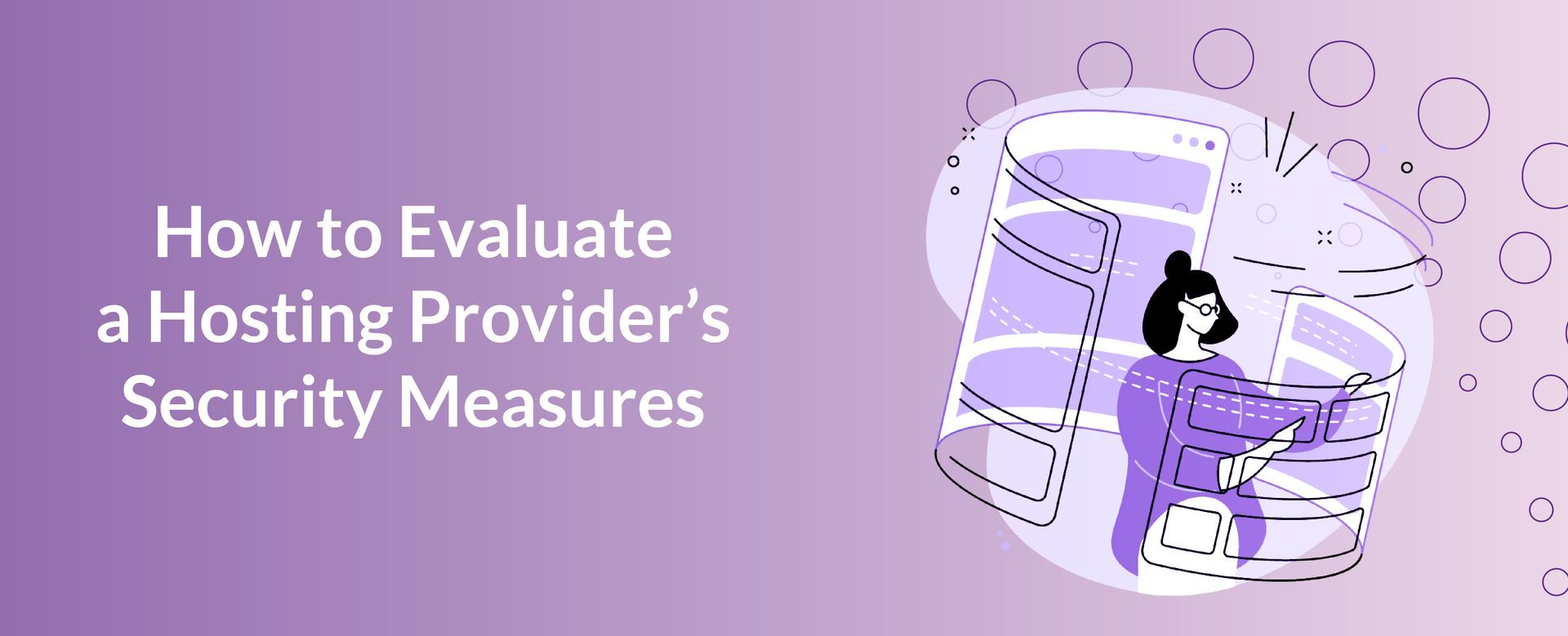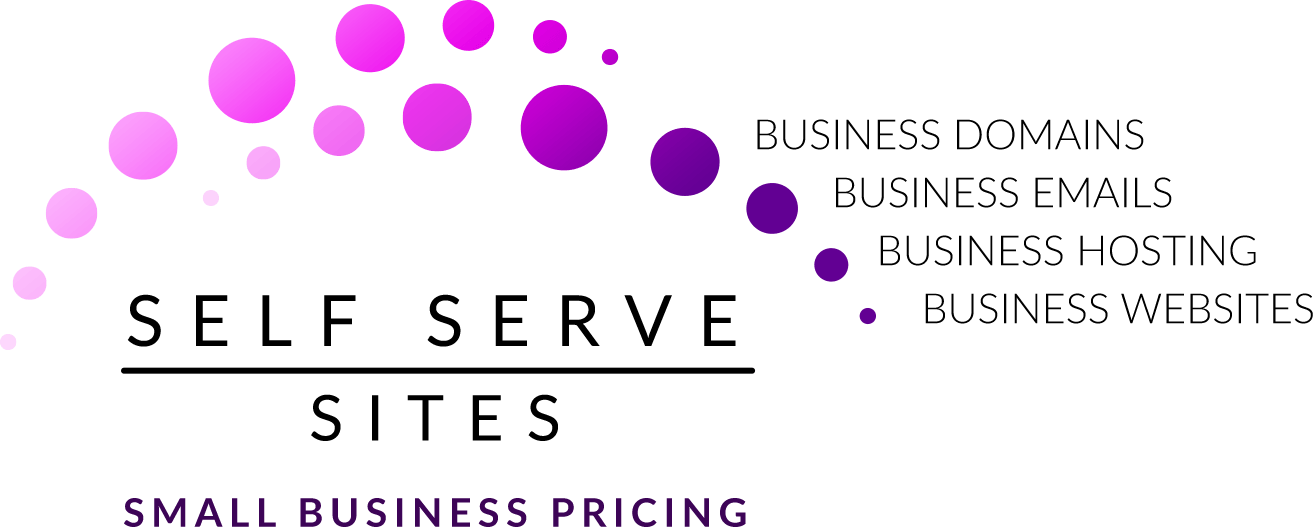Security Features to Look for in a Website Hosting Provider
When selecting a Website hosting provider for your Small Business, security should be one of your top priorities. With cyber threats becoming increasingly sophisticated, ensuring your Website is protected against potential attacks is crucial.
That’s why we’re here to discuss common security threats to Websites, essential security features to look for in a hosting provider, and how to evaluate a hosting provider's security measures.

Common Security Threats to Websites
Malware: Malicious software that can damage or disable your Website, steal sensitive information, or hijack your Site for malicious purposes.
DDoS Attacks:
Distributed Denial of Service attacks
overwhelm your Website with traffic, causing it to slow down or become completely inaccessible.
Phishing:
Attempts to
trick users into providing sensitive information, such as passwords or credit card details, by disguising as a trustworthy entity.
SQL Injection: An attack where
malicious code is inserted into your Website's database, potentially compromising sensitive data.
Cross-Site Scripting (XSS):
An attack that
injects malicious scripts into web pages viewed by users, potentially stealing information or spreading malware.

Essential Security Features
SSL Certificates: SSL (Secure Sockets Layer) certificates encrypt data transmitted between your Website and its visitors, ensuring that sensitive information such as login credentials and payment details are protected. SSL certificates also help boost your Website's credibility and search engine rankings.
DDoS Protection:
DDoS protection helps mitigate the risk of Distributed Denial of Service attacks by
identifying and blocking malicious traffic before it can overwhelm your Website. Look for hosting providers that offer advanced DDoS protection as part of their security measures.
Regular Backups:
Regular backups
ensure that your Website data is saved periodically, allowing you to restore your Site quickly in case of data loss or a security breach. Ensure your hosting provider offers automated backups and the ability to perform manual backups when necessary.
Firewall Protection: A web application firewall (WAF)
monitors and filters incoming traffic to block malicious requests and prevent attacks such as SQL injection and cross-site scripting. Ensure your hosting provider includes firewall protection as part of their security package.
Malware Scanning and Removal:
Regular malware scanning
helps detect and remove malicious software that could compromise your Website. Look for hosting providers that offer automated malware scanning and removal services to keep your Site secure.
Two-Factor Authentication (2FA):
Two-factor authentication adds an extra layer of security to your hosting account by requiring a second form of verification (such as a code sent to your phone) in addition to your password. This helps prevent unauthorised access to your account.

How to Evaluate a Hosting Provider’s Security Measures
Reputation and Reviews: Research the hosting provider's reputation by reading Customer reviews and testimonials. Look for feedback specifically related to security features and response times to security incidents.
Security Certifications:
Check if the hosting provider has any security certifications, such as ISO 27001 or PCI DSS compliance. These certifications
indicate that the provider follows industry-standard security practices.
Transparency:
A reputable hosting provider should be transparent about their security measures.
Look for detailed information on their Website about the security features they offer and how they protect your data.
Support and Response Times:
In the event of a security incident, quick and efficient support is crucial.
Evaluate the hosting provider's Customer support options, including availability, response times, and expertise in handling security issues.
Security Updates and Patching:
Regular updates and patching are essential to protect against newly discovered vulnerabilities.
Ensure your hosting provider stays up-to-date with the latest security patches and updates their systems regularly.
Choosing a hosting provider with robust security features is essential for protecting your Small Business Website from common cyber threats. Look for providers that offer SSL certificates, DDoS protection, regular backups, firewall protection, malware scanning and removal, and two-factor authentication.
By evaluating the provider's reputation, certifications, transparency, support, and update practices, you can ensure your Website is in safe hands and focus on growing your business with peace of mind.










